Call 2015
Project “iVacALL”
The clinical 'IvacALL' study is currently investigating the effectiveness of tumour vaccines in children suffering from leukaemia. Relapses after chemo or stem cell therapy are a major problem. Here, customized vaccines open up new treatment options: Children's immune systems are able to recognize the protein changes in tumour cells and to fight them. Therapeutic vaccines using altered protein fragments, or peptides can direct immune cells specifically to the tumour.
As a first step the DNA of both the patient's tumour and their normal healthy tissue extensively analyzed in order to identify the cancer-specific alterations. Following on from that, each patient is vaccinated with a personalized peptide cocktail. The tumour database, which was developed in the course of the study forms the basis of improved treatment options for children in the long-term. The technical progress in genome sequencing in recent years has made these large datasets available for individual therapies.
Coordinators
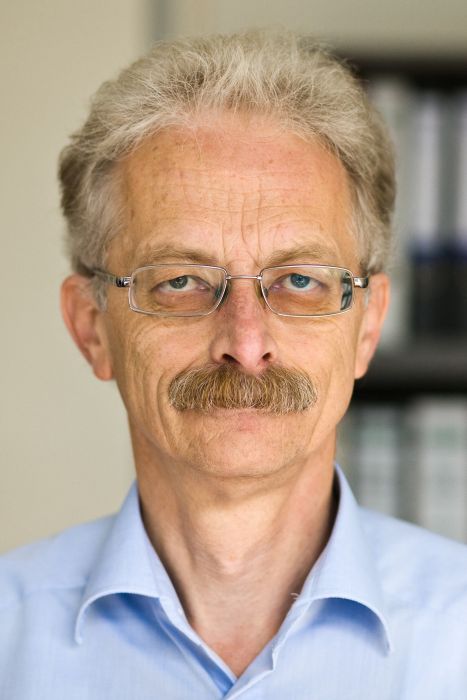
Prof. Dr. Hans-Georg Rammensee

Prof. Dr. Peter Lang

Prof. Dr. Stefan Pfister
Project “Ga-PSMA-11 in high-risk prostate cancer”
The clinical study 'Ga-PSMA-11 in high-risk prostate cancer' developed by DKFZ scientists has also received an award. This research project is based on a completely new method for the early diagnosis of prostate cancer. The prostate-specific membrane antigen (PSMA) is a transmembrane protein which is enriched in prostate cancer cells. Using a radioactive substance that specifically binds to PSMA, this enrichment can be visualized with positron emission tomography (PET), precisely marking the tumour tissue and any metastases.
Currently there are no reliable early non-invasive diagnostic method for prostate cancer. The Joint Funding now enables DKTK scientists to test PSMA diagnostics in a clinical study at the DKTK sites. The DKTK investigators will look at a large number of tissue samples from prostate cancer patients and compare the findings using PSMA diagnostics. This method also presents a potential clinical approach for cancer therapy: If labeled with a strongly radioactive marker, the PSMA-binding substance could also specifically destroy cancer cells.
Coordinators
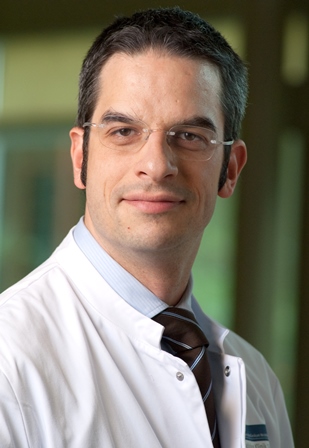
Prof. Dr. Frederik Giesel
University Hospital Heidelberg
Project “NonCoMs in Cancer Genomes”
So far, the focus of genetic tumour analysis has been on mutations that result in altered proteins. They are often considered to be the trigger for malignant tumours. Identifying and understanding non-coding mutations in cancer genomes is a project that goes an important step further and traces mutations in tumour cells that do not lead to altered proteins, but are located in regions that change the activity of important cancer genes. Plans include investigations particularly on skin tumours (melanoma) and brain tumours (glioblastoma). Being able to identify these mutations in a collaborative effort represents a major chance to track down the causes of cancer.
Coordinators

Prof. Dr. Alfred Nordheim
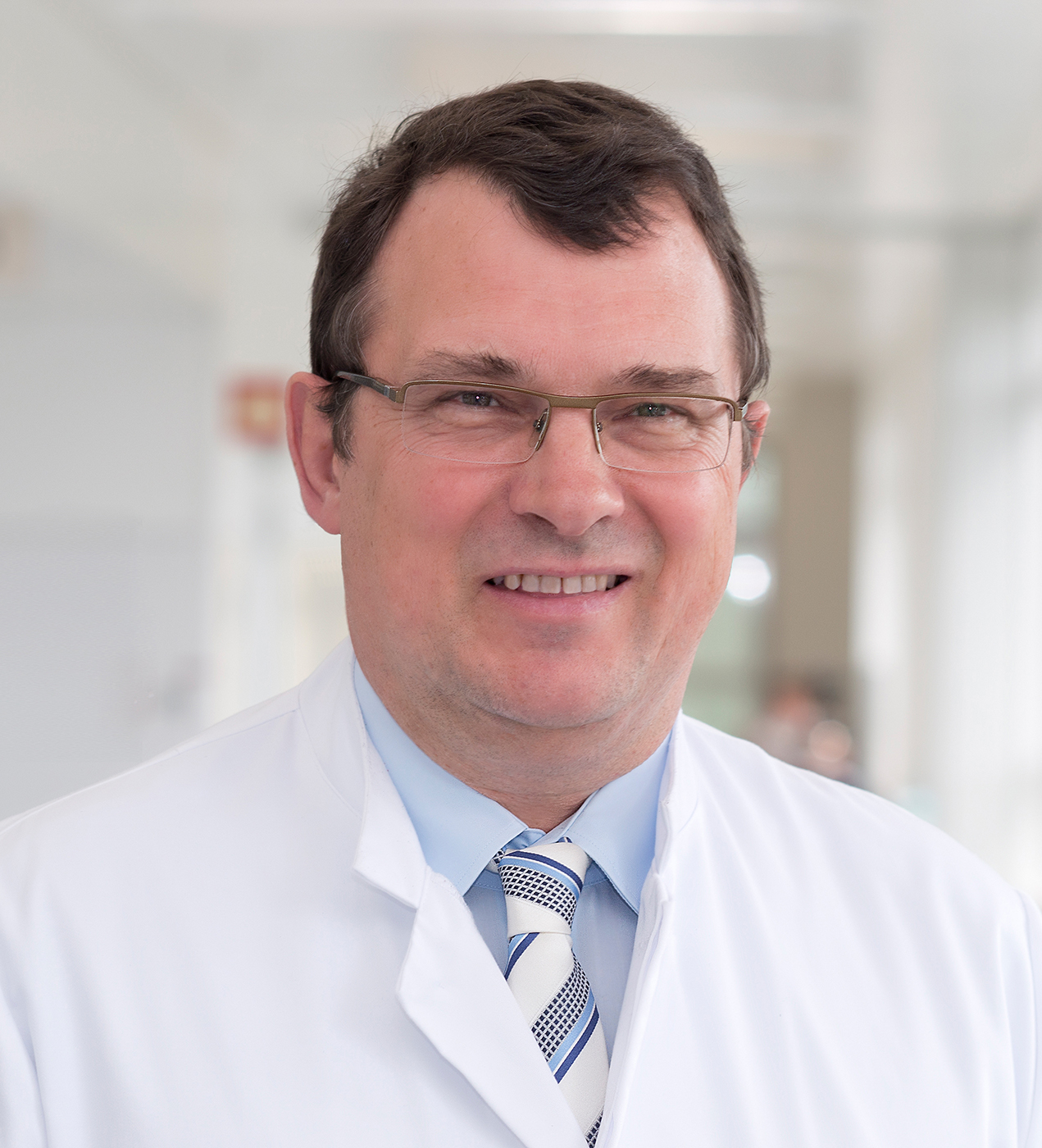
Prof. Dr. Dirk Schadendorf
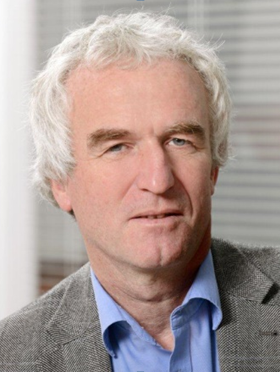
Prof. Dr. Peter Lichter
Project “Molecular Stratification Program”
The DKTK project 'Molecular Stratification Program' at the National Center for Tumour Diseases (NCT) in Heidelberg focuses on customized therapies. The term 'stratification' refers to the initiative to assign patients with the same initial diagnosis to subgroups according to molecular results in order to be able to offer them a tailored therapy. The project promotes the development of a central database containing gene defects and changes in gene activity of tumour cells. The tumour profiles will help hospitals to tailor therapy for individual patients.
Coordinators

Prof. Dr. Hanno Glimm
Head of Department Translational Medical Oncology, NCT Dresden

Prof. Dr. Stefan Fröhling
Project “Overcoming therapy resistance in pancreatic cancers”
Pancreatic cancer is one of the most aggressive cancers with a dismal prognosis and for which effective treatment options are desperately needed. In this Joint Funding Project DKTK experts in molecular oncology, animal model development, drug development and clinical oncology join forces for rationally developing effective combination therapies against pancreatic cancer. To this end, the team explores molecular mechanisms that are responsible for the resistance that pancreatic tumors possess or develop to established therapies. These mechanisms are studied in sophisticated cell culture and animal models of different molecular subtypes of pancreatic cancer that the DKTK investigators recently described. Notably, these subtypes were found to respond differently to anticancer drugs. Based on the understanding of molecular mechanisms of treatment resistance, the research team explores new drugs and develops combination therapies tailored to each pancreatic cancer subtype with the goal to effectively kill resistant cancer cells or avoid the development of secondary resistance that established monotherapies induce. The overall aim is to establish drug combinations that break tumor resistance as novel treatment options for pancreatic cancer patients.
Coordinators
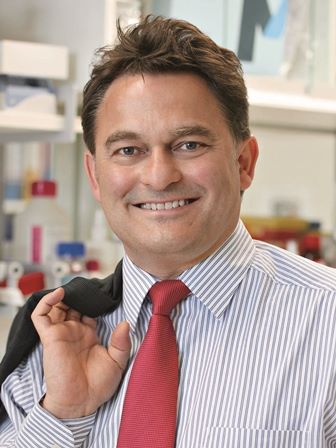
Prof. Dr. Andreas Trumpp

Prof. Dr. Roland Rad
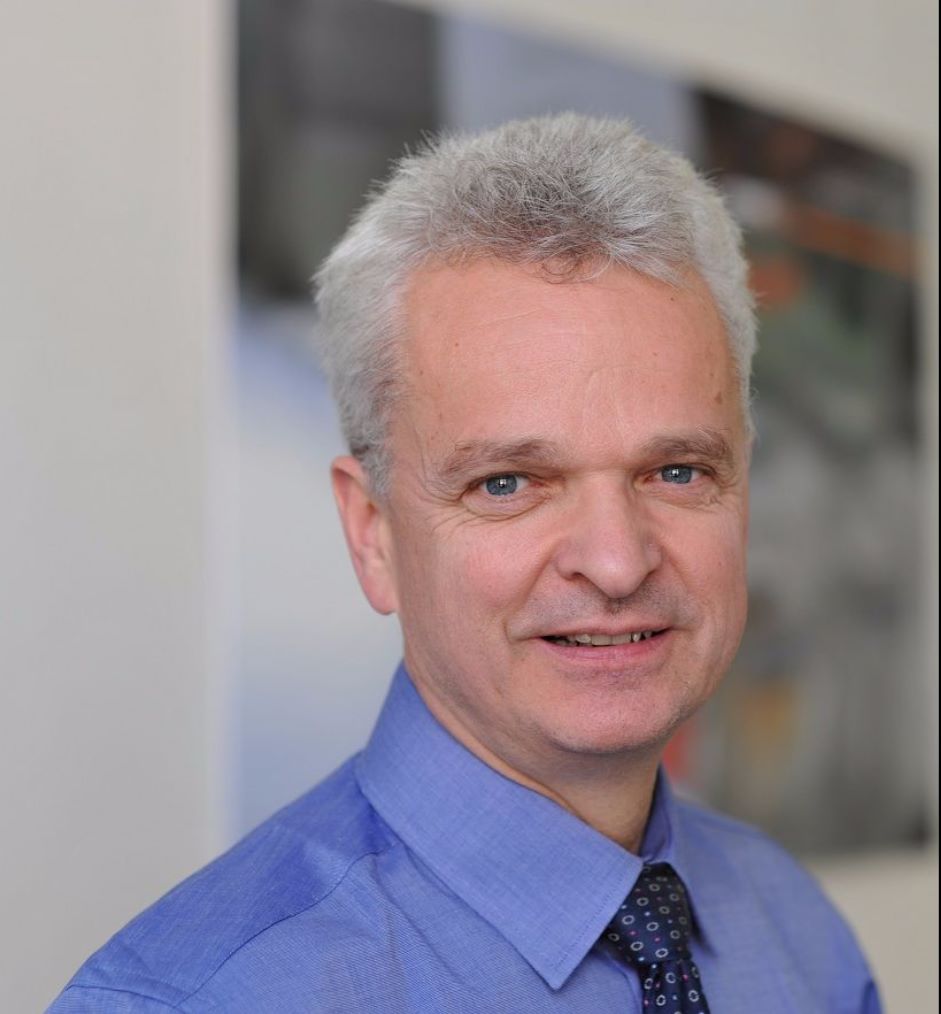
Prof. Dr. Ulrich Keilholz
DKTK PARADIGM
The DKTK project “PARADIGM” investigates the interaction between radio- and immunotherapy in the treatment of patients with metastatic melanoma. In the multicenter clinical study “IRINA” patients with metastatic melanoma will be randomized to perceive either immunotherapy only or in combination with radiation treatment. Increasing reports of cancer patients have shown that radiotherapy can also affect tumors outside the irradiated area – the so-called abscopal effect. This effect might result from radiation-induced activation of the patients’ immune system to attack cancer cells.
The interdisciplinary DKTK team will analyze the patients’ tumors and blood in order to shed light on how radiotherapy induces anti-tumor immunity. The researchers aim to boost the anti-tumor activity in patients by combining radiotherapy with a specific immunotherapy approach - blocking the tumors’ defense mechanisms against an immune attack. Furthermore, the team searches for biomarkers, molecular profiles to identify patients that are most likely to benefit from this new combination therapy. The aim is to unravel the molecular mechanism behind the abscopal effect and exploit it for treatment of melanoma patients by combination therapy in the “IRINA” study. The DKTK study will be performed at all eight DKTK sites bringing together experts in radiotherapy, immunotherapy and molecular diagnostics.

